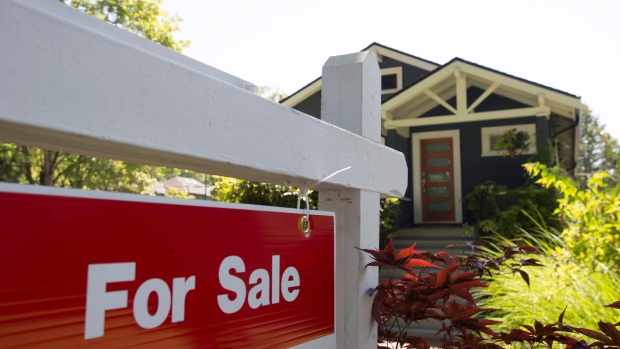Fancy Apartment Rentals for Paris Olympics See Poor Demand and Price Cuts
Locals who’d hoped to turn a big profit by renting out their posh apartments are now slashing prices by 30%-60%.
Latest Videos
The information you requested is not available at this time, please check back again soon.
Locals who’d hoped to turn a big profit by renting out their posh apartments are now slashing prices by 30%-60%.
The kingdom must overcome a conservative image and concern about human rights. Visit the desert oasis town of AlUla to understand the challenge.

Jury selection was completed Friday for Donald Trump’s first criminal trial, setting the stage for opening arguments Monday in a New York case accusing the former president of falsifying business records to conceal a sex scandal before the 2016 election.

Higher-than-expected interest rates amid persistent inflation are perceived as the biggest threat to financial stability among market participants and observers, according to the Federal Reserve.

Fifth Third Bancorp jumped the most in four months, leading bank stocks higher, with Chief Executive Officer Tim Spence predicting that income from lending has bottomed out.
Jul 13, 2016
, BNN Bloomberg

Vancouver’s plan to impose a tax on empty homes isn’t “completely fair” to homebuyers and won’t do much to help the city’s “out of control” housing market, Royal LePage’s president and CEO Phil Soper told BNN in an interview.
Earlier this week, the B.C. government said it would support the city of Vancouver’s request to introduce a tax on vacant homes, which will make it the first major Canadian city to implement this kind of penalty.
The move comes amid growing concern over foreign speculators in the housing market. B.C. Finance Minister Mike de Jong said the tax is aimed at improving the supply of rental homes in Metro Vancouver’s hot property market.
But Soper disagrees, “Honestly, there’s not that much vacant property in terms of the overall inventory of homes in B.C. It’s a relatively minor step, but it’s also not completely fair,” he said.
“They’re already paying property taxes and not using the services. They’re not getting their garbage picked up, not using the local schools … and now here’s another tax.”
Vancouver Mayor Gregor Robertson previously said that a city study found there were about 10,800 residential units in the province, mostly condominiums, which were left empty for a year or more.
Meanwhile Royal LePage has confirmed that prices are still rising sharply in Canada’s real estate market.
In the second quarter, Canada’s national average home price rose 9.2 per cent, marking the largest year-over-year gain in five years, according to Royal LePage.
The real estate agency also forecast that during the second half of the year, Canada’s average home price will increase 12.4 per cent, compared to the same period a year ago. That will mainly be driven by the U.K.’s vote to leave the European Union, preventing central bankers from hiking interest rates, Royal LePage said.
Soper warns that the government shouldn’t use a heavy hand intervening in the “unsustainable” appreciation in housing prices.
“It’s really challenging to interfere with the value of assets in a free market. Governments invariably get it wrong,” he said. “So one just has to step back and design a policy that works in a cyclical market, for up markets and down markets and is fair for all.”